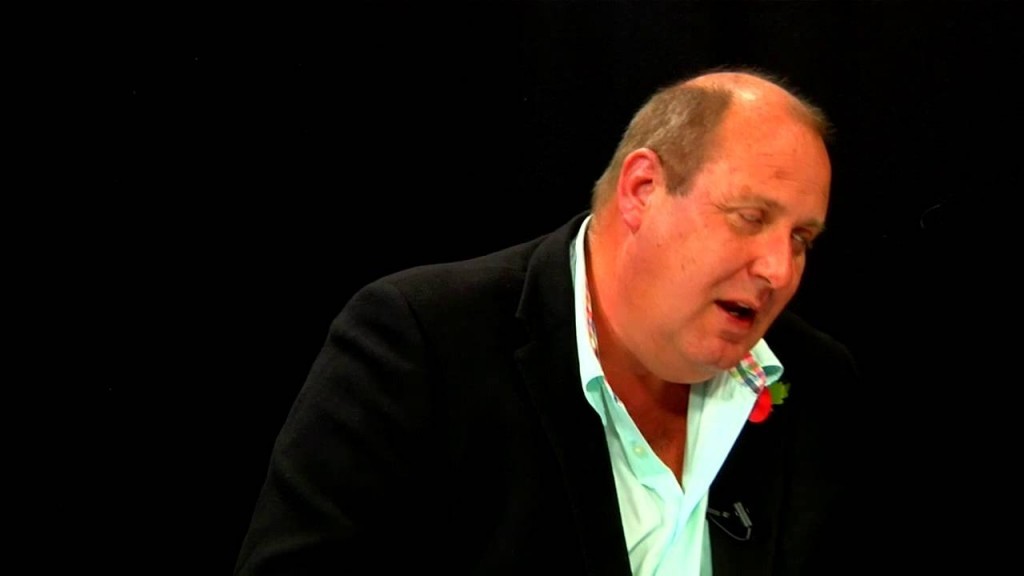
The oilman who proclaimed that the so-called Gatwick Gusher would yield multiple billion barrels of oil has enjoyed this week’s positive news from producer UK Oil and Gas Investments that the Horse Hill prospect is coming good.
David Lenigas, the Monoco-based Australian entrepreneur, took to social media with a sense of vindication, following the news that Horse Hill was generating a steady oil rate of 463 barrels per day over a seven-hour period, a result it called “very significant”.
Lenigas tweeted: “Doubters with poisoned pens thought the #GatwickGusher was hype — eat your hats boys.”
He also posted a tweet earlier today: “I’m pleased to see that those who doubted #gatwickgusher ability to keep flowing are WRONG!!!! They need to grow up and do proper research.”
The businessman stepped down as chairman of UKOGI last summer stating that the company needed sector-experienced executive leadership to take it forward. He had described Horse Hill as oil field of “national significance”. The company’s claims were subsequently described by analysts as “wildly optimistic”.
UKOG excited investors last April when it said there could be up to 100 billion barrels of oil at the site in woodland near the border with Surrey, quadrupling shares at the time. Lenigas still holds shares in UKOGI
Writing in his blog, Lenigas said: “In case anybody is in any doubt the hero of today’s news from Horse Hill is the incredible oil man, and gentleman, Steve Sanderson.
“Steve made this discovery possible and I owe him an enormous debt of gratitude. I’m good at what I do best – taking a project of size, resourcing it, and bringing in the right management.
He said Sanderson had agreed to front the company in the face of “doom-mongers and naysayers”. He stepped up to the plate, first as a consultant, then as CEO, and then chairman, after I stepped down.
“Steve agreed to become Chairman at my request, and in doing so staked his own reputation on Horse Hill coming good. Today he has been proved right.”
UKOGI has faced criticism from environmental groups, which argue that it can only get to the oil using the fracking technique. Other analysts have cast doubt on whether any oil in the basin is economically viable.
“Importantly, tests so far show oil has flowed to the surface under its own pressure and has not, so far, required artificial lift,” said Sanderson, in a statement to investors.
Lenigas said that modern drilling techniques had opened up the potential of the Weald Basin.
“We drilled one of the deepest wells ever drilled onshore in the UK. We’ve gone down to 900-metres below ground level.
“We drilled with oil-based muds instead of water-based muds. This has seldom been done before onshore in the UK, for fear of upsetting the greenies. And cost.”
“We used the latest down hole logging tools and programmes developed out of the US. This is the application of serious tech. We did the latest geochemical analysis every 10 feet down the well using the best labs and brains in the US.
“We used not one, but two of the world’s biggest experts to help us understand what we were looking for. Nutech and Schlumberger carry an exceptional reputation in the industry. They know what they’re talking about.”
“Horse Hill is not the first oil well to be drilled in to the Kimmeridge Clays in the vast Weald Basin. And as of today it won’t be the last.
“I’ve seen the electronic logs of so many of the old wells in the Weald Basin using the latest science, and there is a lot of oil potential.”
“This is a massive opportunity, with massive job creation potential for the UK in general. Just massive.”
UKOG said it has no plans at present to use fracking but has not ruled out using the controversial technique.